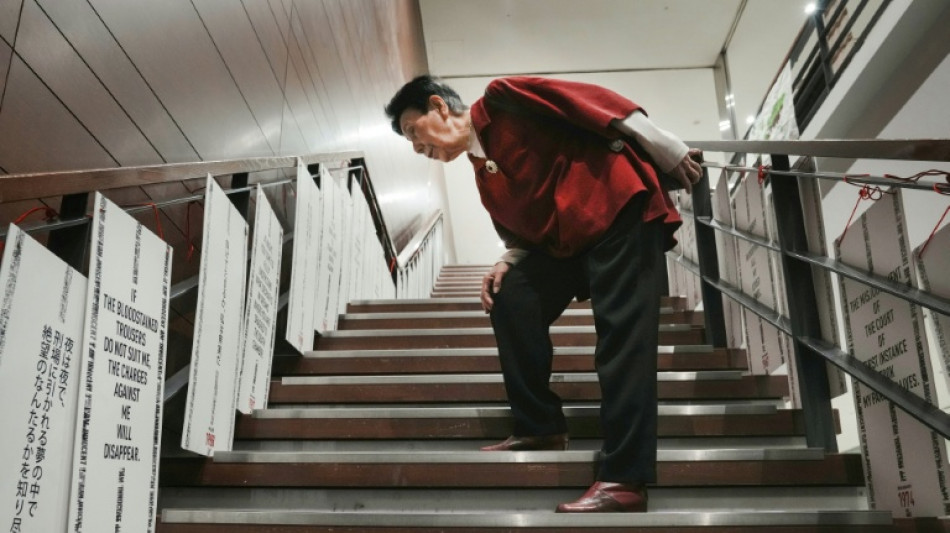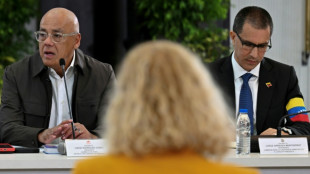

Japan death row inmate's sister still fighting, even after release
Hideko Hakamada campaigned for almost six decades to get her little brother, the world's longest-serving death row inmate, cleared. But at 92 she refuses to relax, campaigning against capital punishment in Japan and beyond.
"Courts are run by people and they obviously make mistakes," Hideko told AFP in an interview at a congress in Tokyo on the death penalty in East Asia where she was a keynote speaker.
"I fought for 58 years. I cannot just be sad and slow down," she said at the weekend event that included campaigners from China -- the country that executes the most people, rights groups say -- North Korea and elsewhere.
Her brother Iwao Hakamada was finally exonerated in 2024 after being convicted for a 1966 quadruple murder, in one of Japan's biggest miscarriages of justice in modern history.
The ex-boxer spent 46 of those years waiting to be hanged, mostly in solitary confinement. In Japan, death row inmates are only informed that they will be executed on the morning of their final day.
In his acquittal, a court ruled that police tampered with evidence and that Iwao suffered "inhumane interrogations" to force a confession, which he later withdrew.
Cheery and lively, his sister said that Iwao, 89, now spends his days taking naps and going for drives with his supporters, but that he is a broken man.
The lasting effects of his incarceration "cannot be cured", she said.
"He says silly things. I go with his silly tales and live this silly life," she said with a smile.
"There is no point in being sad now. If I stay happy and bright, then Iwao should also feel that."
In March Iwao won compensation of some 200 million yen ($1.3 million) -- around $80 per day in detention -- and other lawsuits are ongoing.
- 'Loud and clear' -
The United States and Japan are the only G7 countries to retain capital punishment, and strong support remains among the Japanese public, surveys show.
Japan has more than 100 inmates on death row and the most recent execution was in June this year, the first since 2022.
Recently back from Italy where she spoke at a conference on the death penalty, Hideko said her brother's case changed her mind on the subject.
"The death penalty has existed since I was a child. So it seemed normal to me," she told AFP.
"But Iwao's case happened. I became absolutely determined not to let them kill an innocent person for a crime he didn't commit," she said.
Hakamada was the fifth death row inmate to be exonerated in Japan's post-war history.
"People are blase about this. It doesn't affect them, so why bother. But I experienced it myself. I need to speak out, loud and clear."
The weekend regional congress organised by France-based group Together Against the Death Penalty (ECPM) comes ahead of a global conference it is convening in Paris in 2026.
Worldwide, 1,151 people were executed in 2024, but since Chinese executions are a state secret, this likely falls "far short" of the reality, ECPM says.
At least 30,000 people are on death row, with 47 states still handing down death sentences, ECPM says. Behind China, the leaders in capital punishment are Iran, Saudi Arabia and Iraq.
I.Faure--PP






